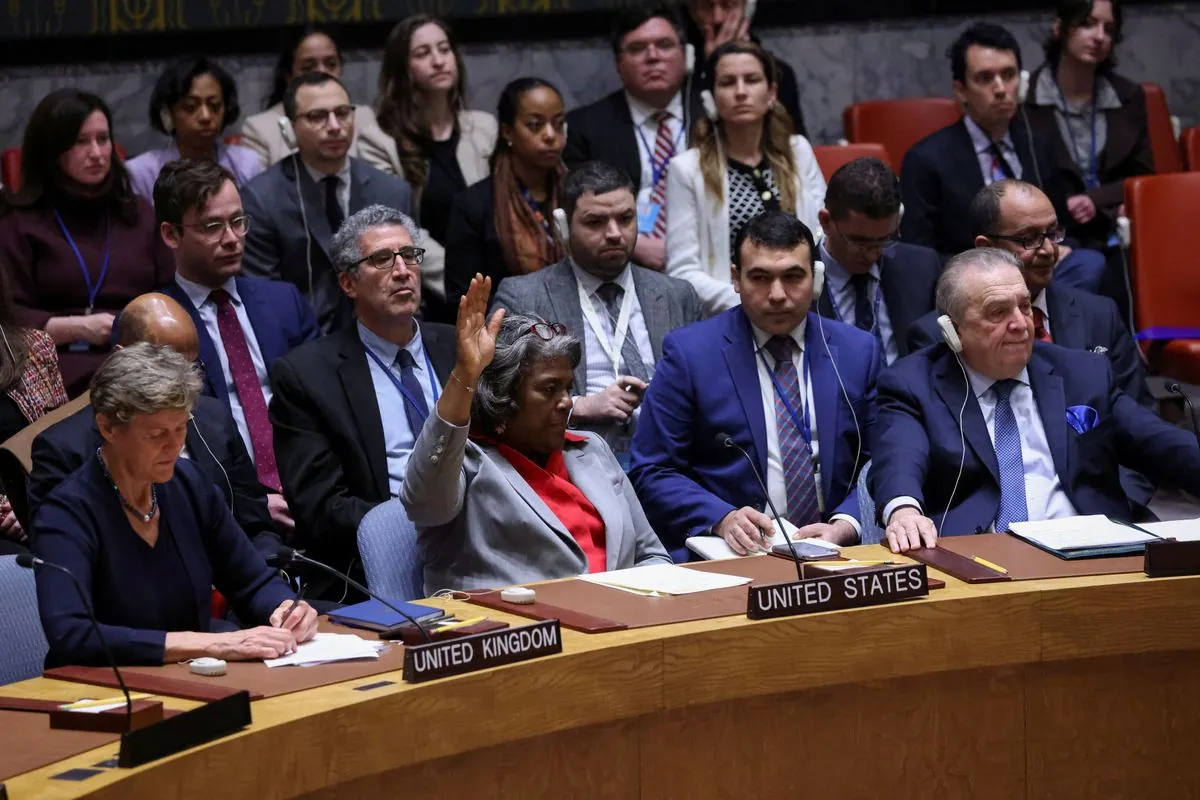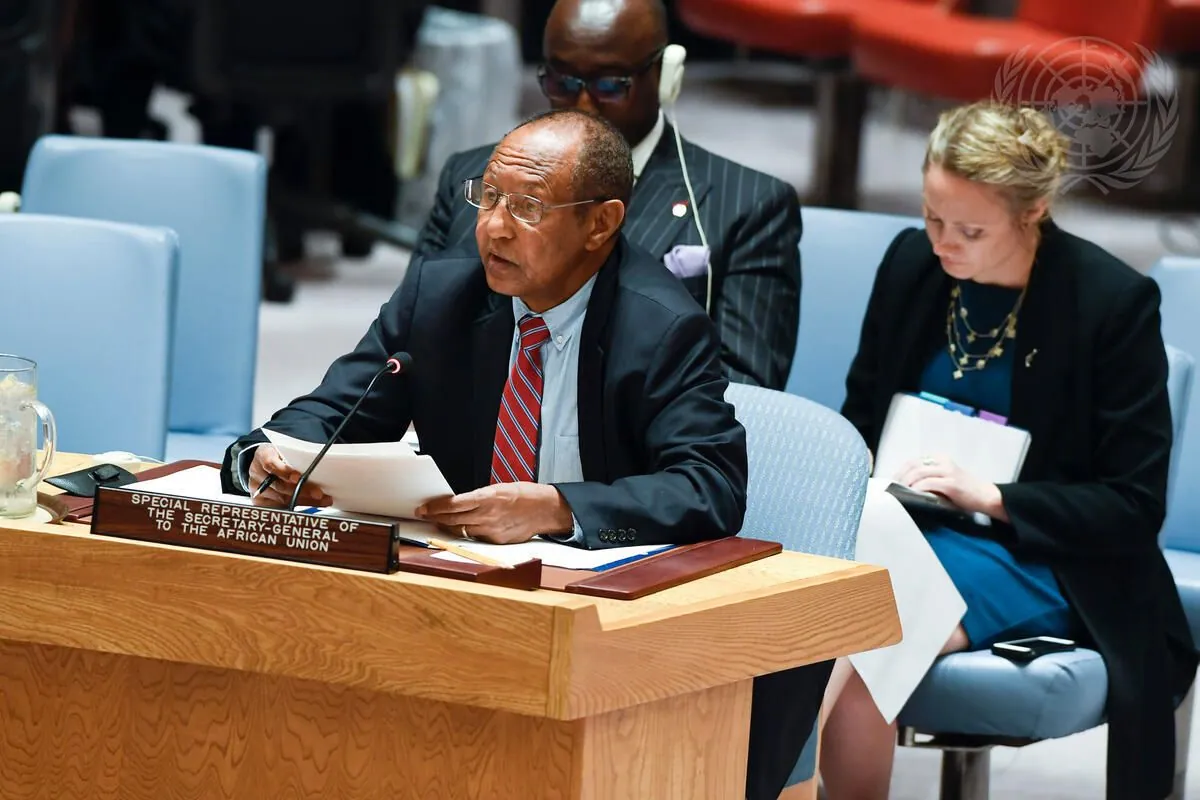US Backs African and Small Island States for UN Security Council Seats
The US supports adding two permanent African seats and one rotating seat for small island states to the UN Security Council. This move aims to reform the council and strengthen global relationships.

The United States has announced its support for expanding the United Nations Security Council, proposing the addition of two permanent seats for African nations and one rotating seat for small island developing states. This significant development, revealed by Linda Thomas-Greenfield, the US Ambassador to the UN, marks a crucial step towards reforming the council's structure and enhancing global representation.
This proposal comes as part of a broader initiative to address longstanding concerns about the Security Council's composition, which has remained largely unchanged since 1965. The council currently consists of 15 members, including five permanent members with veto power and ten non-permanent members serving two-year terms.

The US initiative aims to improve relations with African nations and strengthen ties with Pacific Island countries, addressing geopolitical concerns and promoting a more inclusive global security framework. Thomas-Greenfield emphasized that this move is intended to "move this agenda forward" towards achieving meaningful Security Council reform.
It's important to note that while supporting the expansion of permanent seats, the US does not advocate for extending veto power beyond the current five permanent members. This stance reflects the delicate balance between reform and maintaining the council's existing power dynamics.
"Much of the conversation around Security Council reform has been just that: a conversation."
The proposal aligns with the views of Antonio Guterres, the UN Secretary-General, who has consistently backed Security Council reform. Guterres has highlighted the council's legitimacy and effectiveness issues, noting that its current structure reflects the post-World War II era rather than contemporary global realities.
Implementing these changes would require amending the UN Charter, a process that demands approval from two-thirds of the General Assembly and ratification by all current permanent Security Council members. This complex procedure underscores the challenges facing any substantial reform efforts.
The US support for African representation addresses a longstanding issue of underrepresentation. Currently, Africa holds three rotating seats on the council, which Thomas-Greenfield argues is insufficient for African countries to "deliver the full benefit of their knowledge and voices" on critical global issues.
The inclusion of a rotating seat for small island developing states is particularly noteworthy, recognizing their unique perspectives on international peace and security, especially concerning climate change impacts.
As the international community awaits further developments, this proposal marks a significant shift from dialogue to potential action on Security Council reform, potentially shaping the future of global governance and international relations.


































